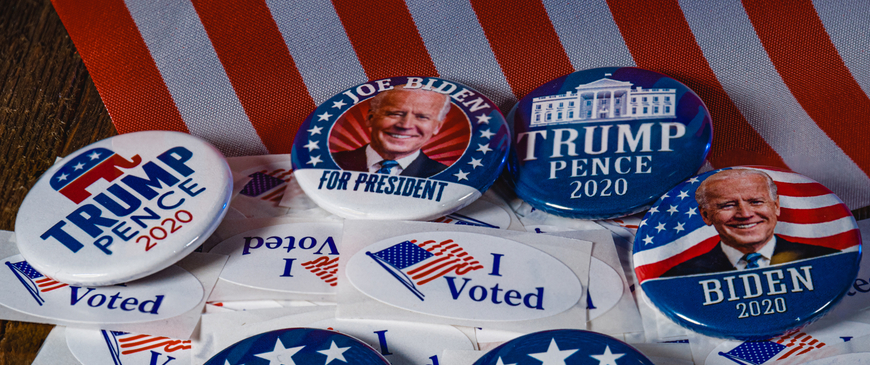
EU an anxious spectator as Americans head to the polls in unprecedented election
Ian Bond, director of foreign policy and Luigi Scazzieri, a research fellow at the Centre for European Reform (CER) think-tank, argue that before Trump’s 2016 campaign, Democrats and Republicans broadly agreed on the need to uphold the multilateral world order, to promote free trade and the free market, and to nurture democracy.
“Trump’s isolationist economic and foreign policies smashed this consensus,” they suggest.
The CER think-tank’s Bond and Scazzieri are on the same page with in t’ Veld, pointing out that the last four years should have been a wake-up call for Europe.
“A Biden victory should not be taken as an excuse to hit the snooze button. Instead, Europeans should use the next four years to ensure that they are better prepared to protect their interests, regardless of who is in the White House.”
Nevertheless, Bond and Scazzieri acknowledge that although Europeans do not get a vote in US elections, the outcomes can affect them profoundly.
“This year European political leaders and pundits are watching more closely than usual, to see if Joe Biden can stop Donald Trump winning a second term in office. This election could prove terminal for the 75-year-old transatlantic partnership or give it a new lease of life.”
“Biden would be an altogether easier partner for Europe to work with. With his long experience on the Senate Foreign Relations Committee and as Vice President, he would take a much more traditional approach to US partnerships.”
They continue, “Policy would be more coherent and predictable than under Trump. Biden’s campaign team is full of experienced, competent former officials who could be expected to take senior government positions. He is a committed Atlanticist. He was the Obama administration’s most senior interlocutor with the Ukrainian authorities during and after the Euromaidan crisis. He tried, unsuccessfully, to get Obama to take a tougher line with Putin and would certainly be firmer with Russia than Trump has been.”
Bond and Scazzieri conclude that for all the upsides of a Biden victory, including the likelihood of Biden re-engaging with international efforts to combat climate change, there is a danger that Europeans might take it as an excuse to relax their own efforts to contribute more to international peace and security.
“Biden will want to improve America’s image in the world and its relations with its allies, but his first priorities are likely to be domestic: Trump’s failure to tackle the COVID-19 pandemic will leave the new administration facing both an economic and a health crisis. If there are conflicts in the EU’s neighbourhood, Biden may expect Europeans to deal with them in the first instance, while being willing to support their efforts from behind.”
